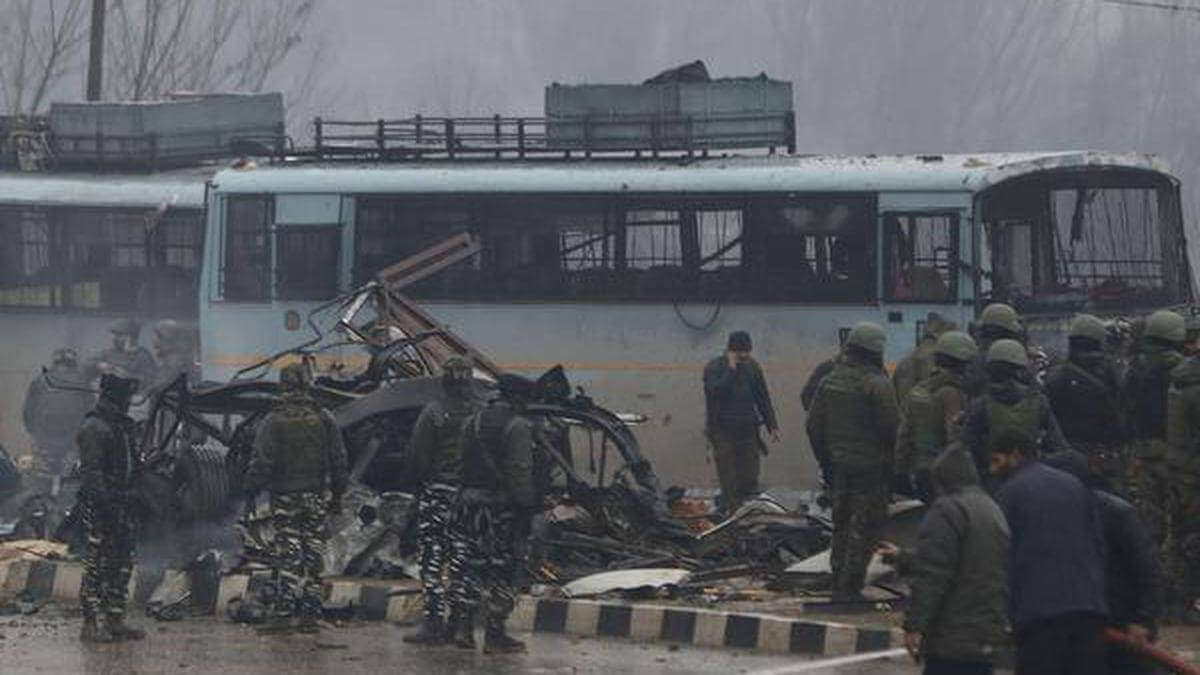
Unveiled: Pulwama Attack’s Role in Article 370 Scrapping
New Delhi: The Central government informed the Supreme Court on Monday that the decision to revoke Article 35A, which granted special privileges to the residents of Jammu and Kashmir, was prompted by the Pulwama terror attack that claimed the lives of 40 CRPF jawans. This move was aimed at fully integrating Jammu and Kashmir into the Indian Union.
Solicitor General Tushar Mehta defended the decision in response to allegations from the National Conference and People’s Democratic Party, who claimed that the revocation resulted in the loss of autonomy and “internal sovereignty” for Kashmiris.
Mehta elaborated, “Several events unfolded, including the Pulwama attack in early 2019, prompting us to consider multiple factors like sovereignty and national security concerns.”
The Solicitor General highlighted that Article 35(A) imposed limitations on extending fundamental rights to the residents of Kashmir. On August 5, 2019, the Central government took the step to revoke both Article 370 and Article 35(A).
The reality is that the people of J&K hadn’t fully enjoyed fundamental rights encompassing life, property, settlement, and employment due to an artificial distinction between ‘permanent residents’ and others, which unjustly denied the latter basic rights.”
Mehta underscored that instead of being informed about the curtailed rights caused by Article 370 and Article 35A (specifically applicable to J&K), these parties misled the public into believing that the repealed provisions safeguarded their pride and unique status.The barriers to their rights were depicted as matters of honor, and they were guided to support a provision that ultimately deprived them of their rights and ran counter to their interests,” Mehta communicated to the panel led by Chief Justice CJI D Y Chandrachud and consisting of Justices S K Kaul, S Khanna, B R Gavai, and Surya Kant.
The Supreme Court highlighted that Article 35A created exceptions in three areas — state government employment, acquisition of immovable property, and settlement in the state. It effectively stripped away fundamental rights under Article 16(1), 19(1)(f) (then a fundamental right to property), and 19(1)(a) (settlement). The court agreed with the SG’s submission that these rights were taken away, even though Part III of the Indian Constitution was made applicable to J&K.
Mehta concluded that all these rights have been provided to residents of J&K without discrimination since August 5, 2019, and now they enjoy the same rights as any other Indian living in any state.
